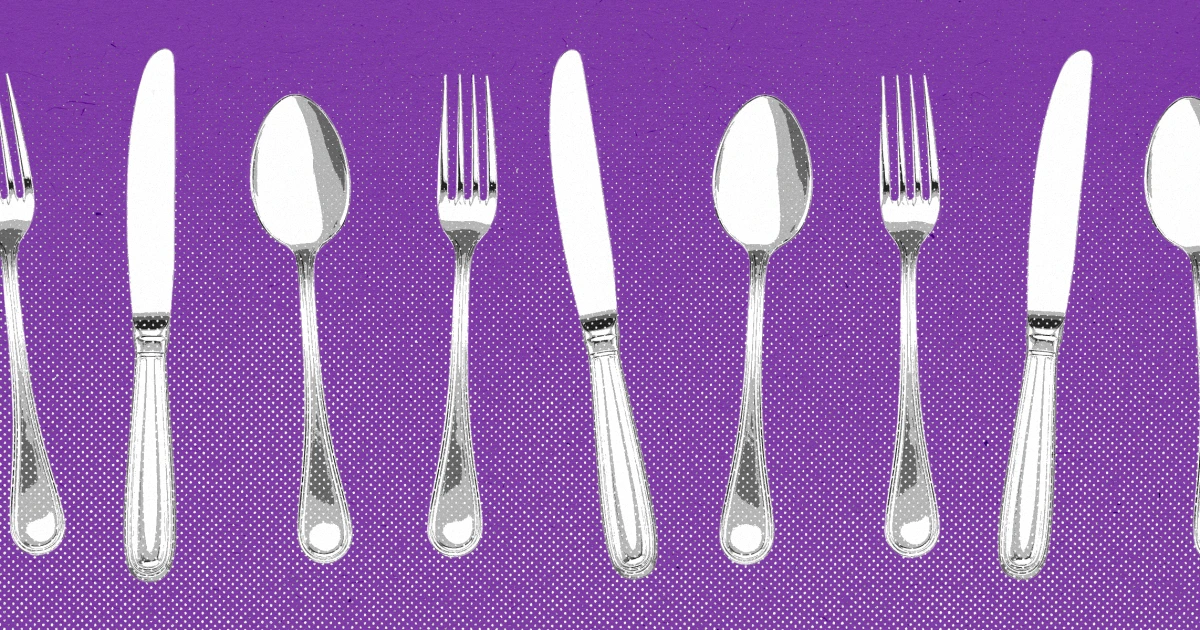Copyright TODAY

If you're looking to cut back on sugar, you're probably not alone. Let's face it, most of us are probably eating too much of the sweet stuff — but the type of sugar you consume matters, too. While plenty of whole foods contain natural sugars, the real concern is added sugars. These include cane sugar, brown sugar, and honey, which are considered nutritive or caloric sweeteners. They provide energy in the form of simple carbohydrates, which the body breaks down into glucose. Consuming added sugars in excess is linked to a number of negative health outcomes. Artificial sweeteners are often marketed as the healthier alternative. These are chemically synthesized so they don't contain carbohydrates or calories. While artificial sweeteners won't raise blood sugar, research has still linked them with potential health hazards. So, how should one sweeten foods instead? A dietitian shares their favorite swap for sugar and artificial sweeteners. Dietitian Tip of the Day: Use Real Fruit in Place of Sugar and Artificial Sweeteners If you want to sweeten up your meal, try adding fresh or dried fruit instead of sugar or artificial sweeteners, Cara Harbstreet, a registered dietitian and owner of Street Smart Nutrition, previously told TODAY.com. Using real fruit is one of the healthiest ingredient swaps you can make. Naturally occurring sugars in fruits are digested slower and don’t spike blood sugar as quickly as added sugars, which helps you feel fuller for longer. Not only does fruit add a natural boost of sweetness, it also provides additional nutrients that you won't find in sugar or sweeteners. These include gut-healthy fiber, as well as vitamins, minerals and antioxidants. Why It Matters Most Americans eat well over the recommended daily intake of sugar. The Dietary Guidelines for Americans recommend limiting added sugars as much as possible or to less than 10% of your daily calories, which is about 50 grams for adults. Americans consume an average of 17 teaspoons of added sugar per day, which is more than two to three times the recommended intake, per the American Heart Association. Consuming added sugar, in excess, is associated with an increased risk of obesity, Type 2 diabetes, heart disease. Artificial sweeteners may not contain carbs or calories, but have also been linked to negative health effects, from cognitive decline to weight gain. More studies are needed to understand the long-term effects of artificial sweeteners. In the meantime, using fruit in place of sugar and non-sugar substitutes is a healthy option. It's an easy hack to add sweetness along with nutrients like vitamin C, potassium and magnesium. How to Get Started Fruits like strawberries, blueberries, peaches and bananas are delicious ways to add sweetness to meals. Add these nutritious fruits to plain yogurt, smoothies, oatmeal, salads and more. Dried fruit, such as dates and prunes, is also a very versatile natural sweetener. Harbstreet's has another great hack: puree or blend rehydrated dried fruit to make a DIY "syrup," which mixes more easily into dishes. Habstreet is a big fan of dates, which provide a hefty dose of fiber and minerals along with natural sweetness. You can add dates to sweeten shakes, oatmeal, homemade sauces and more. “Soak pitted dates in warm water before blending,” says Habstreet. Pureed prunes are also a sweet addition, packed with fiber and antioxidants.



